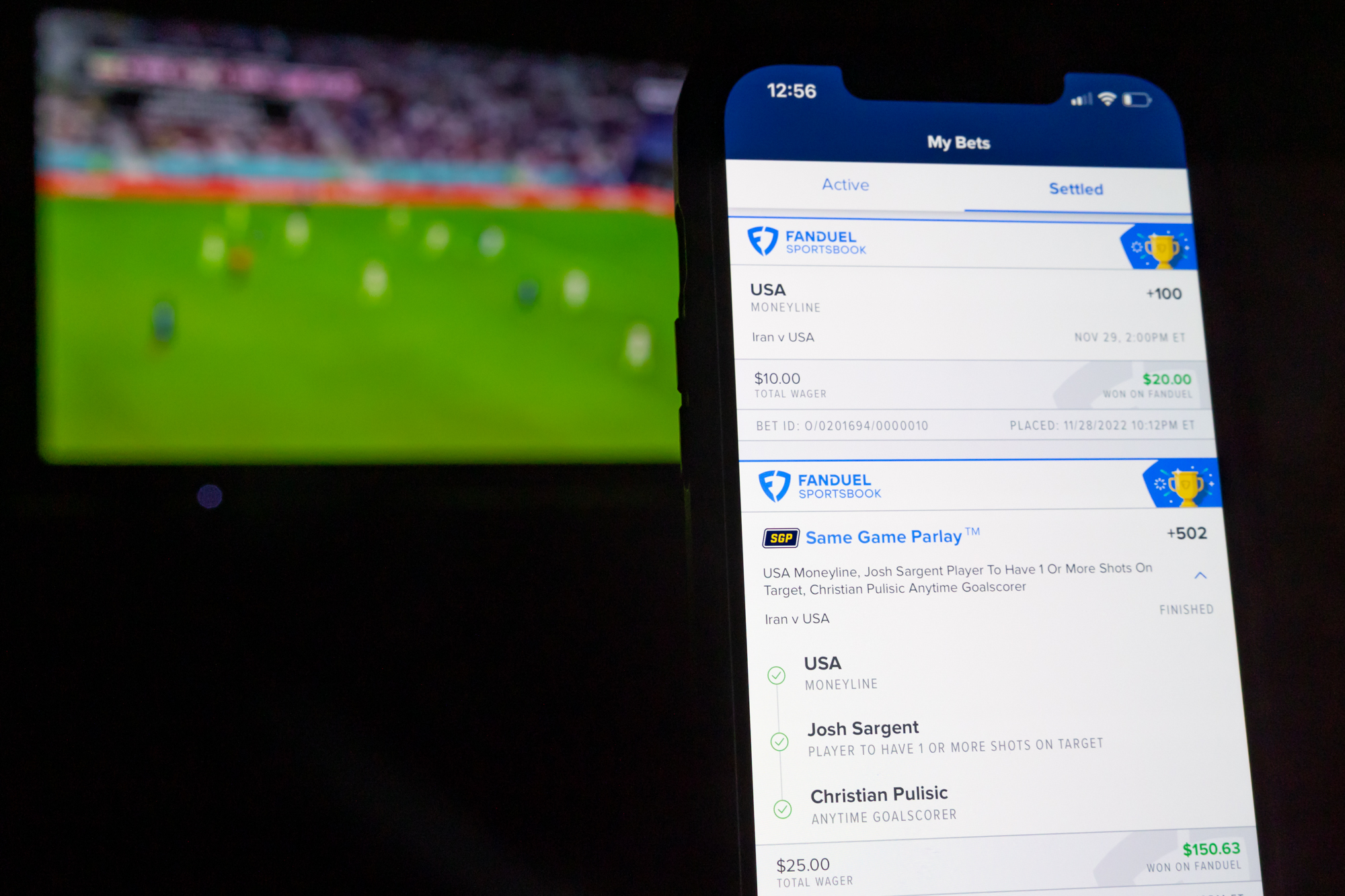Views expressed in opinion columns are the author’s own.
Professional sports leagues have seemingly turned a blind eye to disciplining their athletes for problematic off-the-field conduct. Even accusations of felonious behavior don’t rouse the dormant morals of league offices beyond feeble suspensions that have limited impact on players’ careers.
But there is one action that leagues swiftly punish: gambling.
Almost every American professional sports league prohibits its athletes from placing bets on their respective sports. The NFL has levied indefinite suspensions on players caught gambling on NFL games and also placed hefty six-game bans on those betting on other sports within team facilities. The MLB follows a similar guideline, and gave an indefinite suspension to its all-time leading hitter, Pete Rose, for gambling violations in 1989.
To some extent, anti-gambling rules make sense. Players placing bets on games could be seen as influencing the scores or outcomes to make money for themselves. This is a dangerous prospect that could ruin fairness in sports.
However, not every case of athletes’ gambling has a tangible effect on the integrity of sports. In fact, there is one circumstance in which I believe it should be unconditionally allowed. Athletes should be able to place bets on themselves of the same amount for every game during a season. Granting this provision would not violate the integrity of leagues. If anything, it would allow players to have a bit of fun and provide them with an extra incentive to win their games.
Currently, the issue with allowing athletes to bet on games is that the amount players bet can signal their degree of confidence in a win. This is tantamount to insider trading in the stock market because players are perceived to have more information on the game’s outcome than a regular bettor. After all, a player’s effort toward individual games could be influenced by the amount of money they stand to gain or lose.
That’s why the condition that the bets must be placed for the same amount on every game is crucial to this idea’s success. If an athlete bets the same amount every game, players aren’t inherently giving insider information to opponents or other bettors. At the same time, players also can’t be accused of throwing matches based on the money they stand to gain in any particular game because it’s the same amount each time.
While it’s true players could collude with each other or sports books to thow games, harsh punishments for rule violations have improved sport integrity before. Many fans in the early 2000s felt that PEDs were ruining the game of baseball, as many of the sport’s biggest talents flagrantly used them to enhance their performance. But since the MLB drastically increased testing, gave out hefty suspensions and blackballed users from the hall of fame, the frequency of PED related bans has decreased in recent years. Reacting with the same iron fist toward potential betting improprieties will mitigate the risk of widespread gambling scandals.
Now of course, some will inevitably fall back on the dialogue that athletes shouldn’t be involved in gambling in their own sport. But sports betting laws have already relaxed across the country, and players are currently allowed to sign massive contracts with sports books.
These perfectly legal contracts pose a larger conflict of interest for players than simply allowing them to bet ever could. In these agreements, players have a direct incentive to act in the interest of the books, meaning that they could be influenced to throw games.
Even beyond the potentially lucrative deals players could reward themselves with, athletes should have the right to do what they want with their money.
As gambling restrictions ease, players should know about gambling risks. More than 70 percent of professional athletes fall into hardship post-retirement, and strict rules will prevent athletes from betting too much of their incomes and ensure gambling won’t pummel players into financial ruin.
If handled correctly, allowing players to bet on games could be a positive way for athletes to gain some competitive edge. For elite athletes with relentless motivation, even something as small as a $10 bet could give them a little extra juice to unlock their highest potential.
Betting on themselves got athletes to the big leagues — placing a few more once they’re there can’t hurt too much.
Ravi Panguluri is a sophomore computer science and statistics major. He can be reached at rpangulu@umd.edu.



